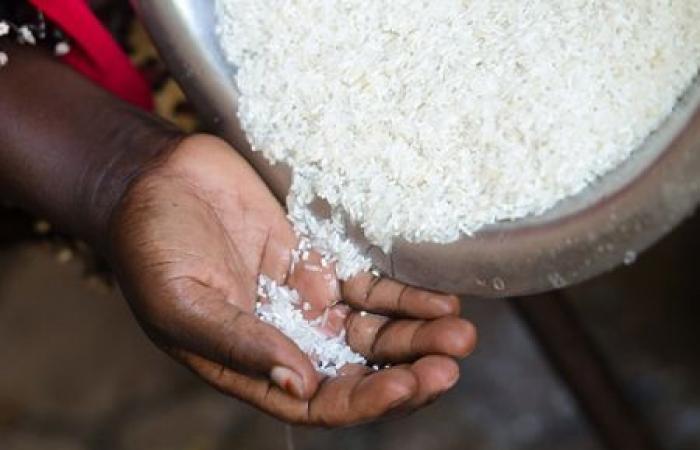(Ecofin agency) – Senegal, like most African countries, is a net importer of food products. Aware of the vast agricultural resources that are still little exploited, the government intensifies its efforts to reverse this trend and fully take advantage of the local production potential.
1470 billion FCFA ($ 2.5 billion) is the envelope that the Senegalese government wants to mobilize as part of its food sovereignty policy in order to support agricultural production over the next 5 years.
It is within the framework of this ambition that the Ministry of Agriculture held, Monday May 5, 2025, an unprecedented meeting with the leaders of the 29 banks and 4 financial institutions members of the Professional Association of Banks and Financial establishments in Senegal (APBEFS).
In a press release published on its site, the said ministry specifies that the envelope will mainly be used to structure and finance strategic agricultural sectors such as rice, milk, tomatoes, bananas or even cattle, sheep, pig and pork.
“The ambitions are commensurate with the challenges: create 90,000 jobs for young people and women in agricultural and pastoral value chains and deploy 525 integrated agroecological farms of 200 hectares, one in each rural commune”can also be read in the press release.
This initiative is to be included in a context where the government seeks to mobilize 466 millions $ For the implementation of its national plan to adapt agriculture to climate change, approved on April 3. The country of Teranga also recently engaged alongside five other Sahel countries during the “Dakar forum+10», In favor of the intensification of agricultural irrigation, which currently covers only 3.1 % of its total culture area.
-So many initiatives that could improve the attractiveness of the agricultural sector for private investors and better value the country’s agricultural potential. According to official data, land cultivated in Senegal are estimated at 2.5 million hectares on a potential of 3.8 million hectares.
In the meantime, the country must devote more than 1070 billion FCFA ($ 1.84 billion) per year to imports of agricultural food and basic food products, according to the Ministry of Agriculture, to fill its production deficit.
Stéphanas combines
Read also:
04/28/2025 – Food sovereignty: Senegal will benefit from a program of $ 230 million until 2031








